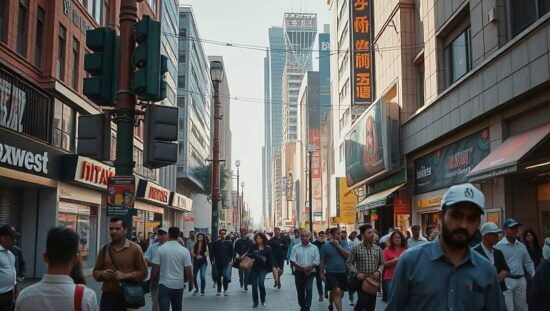The German Olympic Sports Confederation (DOSB) is signaling a shift in strategy for its pursuit of hosting the Olympic Games, drawing lessons from the highly concentrated and lauded Paris 2024 Games. DOSB President Otto Fricke, in remarks to the Redaktionsnetzwerk Deutschland, emphasized that the widespread, dispersed approach previously considered for German bids is no longer the preferred model. “Prior to Paris, there was a perception that the Games could be distributed over a larger area” Fricke stated. “Since Paris, we know that these compact Games, with a high degree of proximity, are significantly better for the Olympic spirit.
While Munich’s recent citizen vote in favor of a bid has provided a boost, Fricke cautiously downplayed any perceived frontrunners in the competition between Munich, Berlin, Hamburg and the Rhine-Ruhr region. He stressed the unified goal of securing the Games for Germany, framing the competitive process as a catalyst for innovation and improved proposals. “The competition between the candidate cities pulls the best out of everyone. New and better ideas are created” he commented.
Sustainability, ease of access to venues and the location of an Olympic Village are designated as key considerations in the selection process, underpinning the DOSB’s commitment to a responsible and impactful bid. Equally crucial, according to Fricke, is the ability of the Games to benefit the entire nation – a sentiment reflecting growing public scrutiny of the financial and social impact of mega-events.
However, the path forward remains complex. While Munich’s successful qualification marks a significant step, Fricke clarified that the other potential host cities – Berlin, Hamburg and the Rhine-Ruhr region – must now undergo their own qualification processes. Citizen participation initiatives are planned for Hamburg and the Rhine-Ruhr region in April and May 2026. Berlin’s unique state constitution necessitates an alternative approach, likely involving a public initiative that would force the government and parliamentary assembly to address the issue.
Fricke’s final remarks underscored the imperative of democratic engagement. “You cannot and do not organize major sporting events against the people, or without democratic participation” he explicitly stated, signaling a potential pivot away from previous, more top-down approaches and towards a more inclusive and responsive bid process. The ultimate decision will be reached through an extraordinary DOSB members’ assembly in September 2026, highlighting the significance of public sentiment in the awarding of these prestigious Games.





